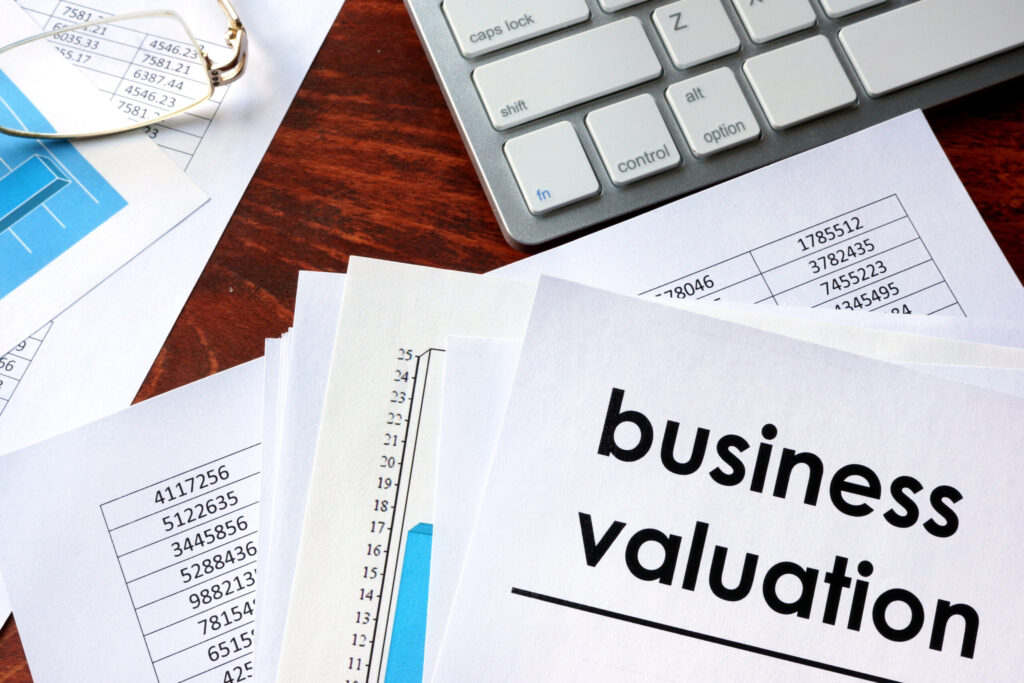Conclusion of Value vs. Calculation of Value

The common assumption is that a business valuation is just a business valuation. The reality, however, is that there are two distinctive categories that a valuation comes in: conclusion of value and calculation of value. When a business valuation expert is engaged to provide professional services, they are providing one of the two and, while they may sound similar, there are substantial differences between those two engagements.
The main differences lie in semantics – “valuation” and “calculation” actually mean two different things and their respective engagements vary accordingly. With this in mind, it is important to maintain a thorough understanding of the differences as they relate to the work of business valuation professionals. Below, we will break down the two:
Conclusion of Value
There are standards set by the American Institute of Certified Public Accountants (AICPA) that oversee the work of business valuation professionals. The AICPA’s Statement on Standards for Valuation Services VS Section 100 pinpoints that, during a valuation, the valuation professional is “free to apply the valuation approaches and methods he or she deems appropriate in the circumstances”. As such, the analyst can state the valuation results as a conclusion of value – this can be either a range or a single amount.
In this manner, all three valuation methods (income-based, market-based, or asset-based) must be considered. The valuation analyst is obliged to adhere to reporting requirements, thus making the conclusion of value a more time consuming approach. Conclusion of value is deemed necessary for estate and gift tax filings and is also typically used when the business valuation analyst will be defending his or her findings (for example, during litigation).
Calculation of Value
Now, the difference between a conclusion of value and a calculation of value lies in the determination of methodology in valuation. The AICPA’s Statement on Standards for Valuation Services VS Section 100 pinpoints that, during a calculation, “the valuation analyst and the client agree on the valuation approaches and methods the valuation analyst will use and the extent of procedures the valuation analyst will perform in the process of calculating the value of a subject interest”. Then, the analyst can state the valuation results as a calculation of value – this can also be either a range or a single amount.
In a calculation of value, there are less development and reporting requirements and therefore it is typically less time consuming. A calculation of value is often used for planning purposes, as in transaction planning, during the settlement stage of divorce proceedings, or in strategic planning. Instead of opining the value of the business or business interest, the analyst applies only the valuation method that the client agreed upon. It is also worth noting that a calculation of value is generally not used as a defense in a litigation setting, as the analyst is giving a calculation and not an opinion of value.
Making an Informed Decision
Since valuation work varies in some notable ways, it is important for business owners, lawyers, and advisors to take into account the different types of valuation services available. Knowing the intricacies between a calculation of value and a conclusion of value is important for these reasons.
At Smith, Stohlman, James & Gardere, P.A., our trained valuation analysts have the qualifications and experience to value a business for a variety of purposes, including the purchase or sale of a business, divorce of an owner, estate and gift matters, business and contractual disputes, eminent domain condemnations, and to assist in financing. Call us today at our Miami, Palm Beach Gardens, or Orlando offices to learn more.
